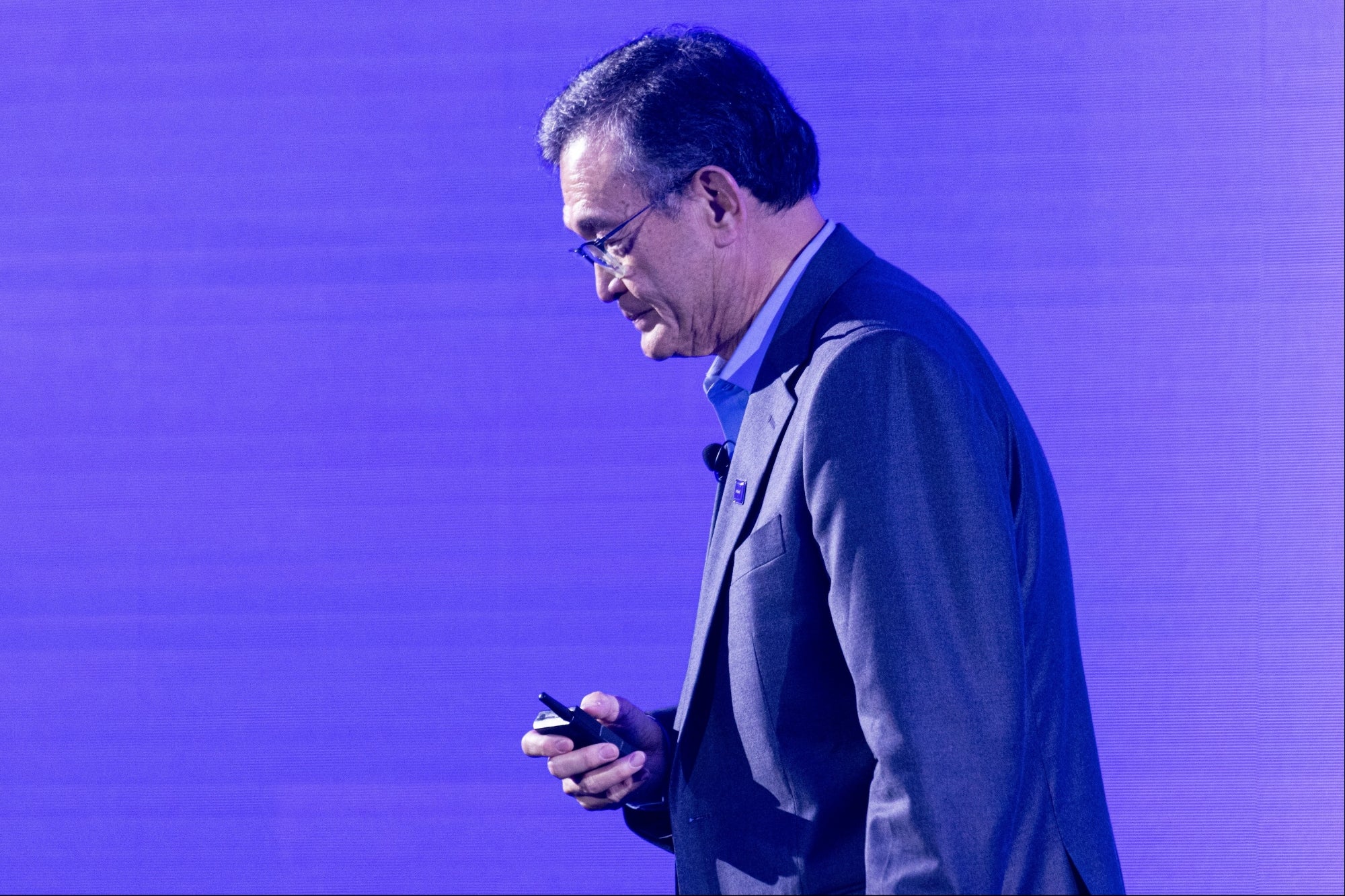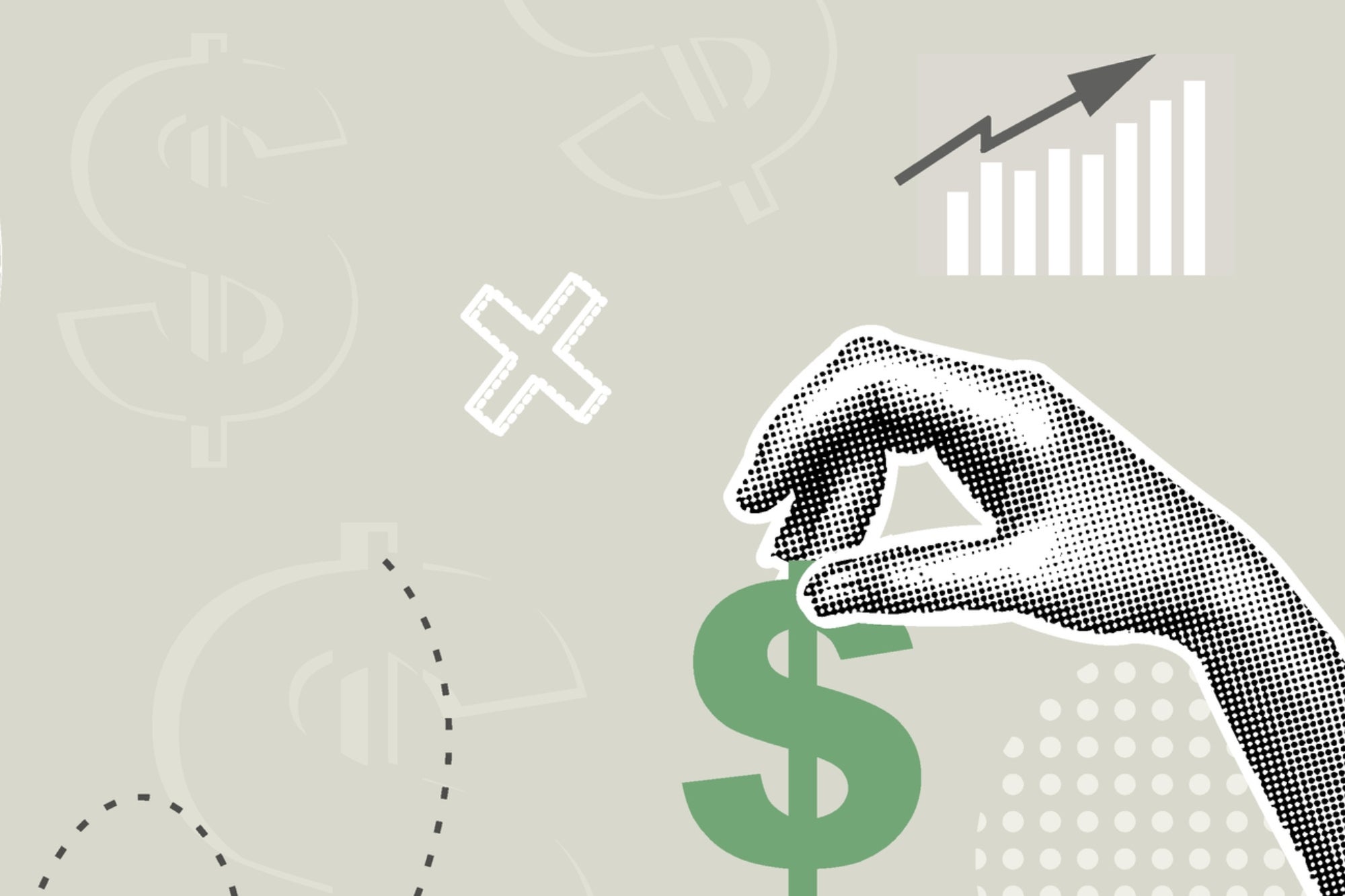Press Snooze? You Lose. It's oh-so-tempting to hit that magical button and doze off for another few minutes, but every time you give in, you're making the wake-up process more difficult.
By Laura Entis
Opinions expressed by BIZ Experiences contributors are their own.
Over the course of a lifetime, the average American spends 3-1/2 months dozing after pressing snooze, according to a recent study conducted on behalf of Withings, a consumer electronics company that sells wearable devices tracking sleep quality. If you're like most Americans, then – of the more than 3,000 surveyed, 57 percent identified as "snoozers" – you hit the button at least once before getting up.
It's easy to understand why this happens; the snooze button is insanely seductive, promising a brief escape into oblivion before you actually have to face the day.
Unfortunately, research suggests that every time you capitulate to its siren call, you're actually making the wake-up process more painful.
Related: How Much Sleep Do You Really Need?
Why? When you doze off after waking up, you're likely re-starting the sleep cycle, altering the delicate chemical dance that occurs in your bloodstream throughout the course of the night (during the onset of sleep, your body releases serotonin, which soothes; closer to wake-up time, it releases dopamine, which suppresses sleepiness). Your body, understandably, isn't chemically primed to wake up at the beginning of the sleep cycle, making the inevitable get-out-of-bed process much harder.
Hitting the snooze button also increases the effect of sleep inertia, the window of time between when you technically wake up and when you actually feel awake. While the more primitive parts of our brain wake up immediately, the prefrontal cortex -- the area associated with self-control and decision making -- takes longer (up to two to four hours longer, in some cases) to function optimally. Ever experience a hazy, sluggish, brain-half-dead feeling first thing in the morning before your first cup of coffee? That's sleep inertia, and you don't want to mess with it.
Related: How to Become More of a Morning Person (Infographic)
At the end – or, more accurately, beginning – of the day, most sleep experts agree that it's best to get as much interrupted shut-eye as possible, in order to increase your chances of completing a full sleep cycle. So set your alarm for exactly when you know you need to wake up, and skip the doze-off-wake-up-again routine. While it may feel like it in the moment, the snooze button is not your friend.
As David Dinges, who heads the Sleep and Chronobiology laboratory at the University of Pennsylvania, recently told The Wall Street Journal, "You'd be better off getting that extra 10 to 20 minutes of real sleep rather than doing that dance with the alarm clock."
Related: Meet the Newest Member of Kickstarter's Million-Dollar Club











